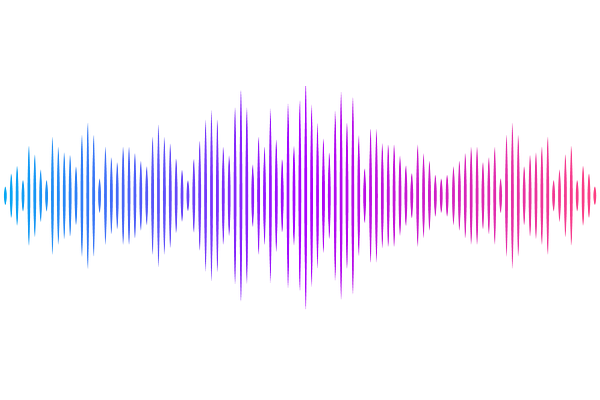Local cytokine changes in response to mesenchymal stem cell-derived extracellular vesicles-based therapy in rat spinal cord injury

Local cytokine changes in response to mesenchymal stem cell-derived extracellular vesicles-based therapy in rat spinal cord injury
Kabdesh, I.; Garanina, E.; Kostennikov, A.; Rizvanov, A.; Mukhamedshina, Y.
AbstractAim: To investigate the effects of mesenchymal stem cell-derived extracellular vesicles (MSC-EVs), encapsulated in a fibrin matrix (FM), on pro-inflammatory and anti-inflammatory cytokine levels in a rat model of spinal cord injury (SCI) 60 days post-injury. Methods: MSCs were isolated from rat adipose tissue and cultured to obtain MSC-EVs using cytochalasin B. MSC-EVs encapsulated in the FM were applied to the injury site at doses of 5 and 10 ug. Four experimental groups included SCI without treatment, SCI with FM application, and SCI with FM+EVs at 5 and 10 ug doses. A multiplex assay was conducted to measure 23 cytokines in spinal cord tissue homogenates. Results: FM application to the injury site exhibited both pro- and anti-inflammatory cytokine shifts, with the most pronounced effect for G-CSF (2.8-fold) potentially due to the hemostatic properties of the FM. MSC-EVs led to significant modulation of cytokine levels. In the SCI FM+EVs10 group, concentrations of IL-10, IL-1b, IL-5, and IL-17A were significantly lower compared to the SCI and SCI FM groups. Here the most pronounced change was observed for IL-10, which decreased by 2.4-fold. Conclusion: Combined treatment with MSC-EVs and FM significantly influenced pro- and anti-inflammatory cytokine levels, demonstrating a dose-dependent effect. These findings highlight the potential of EVs to modulate inflammatory responses and promote regeneration in the chronic phase of spinal cord injury.